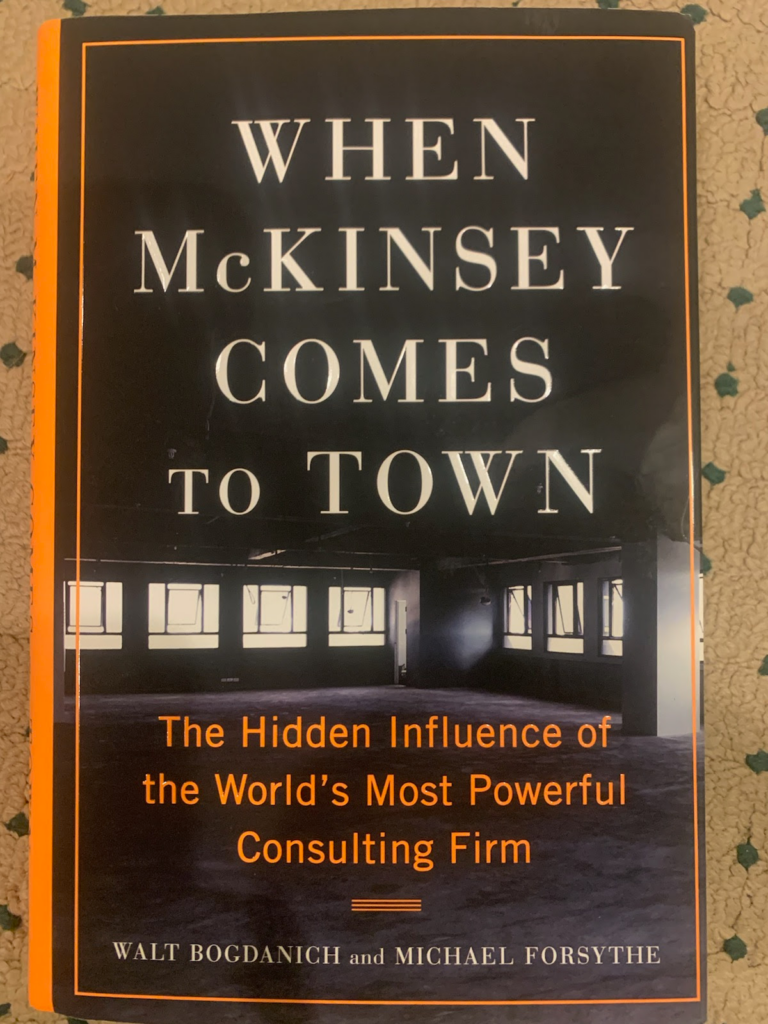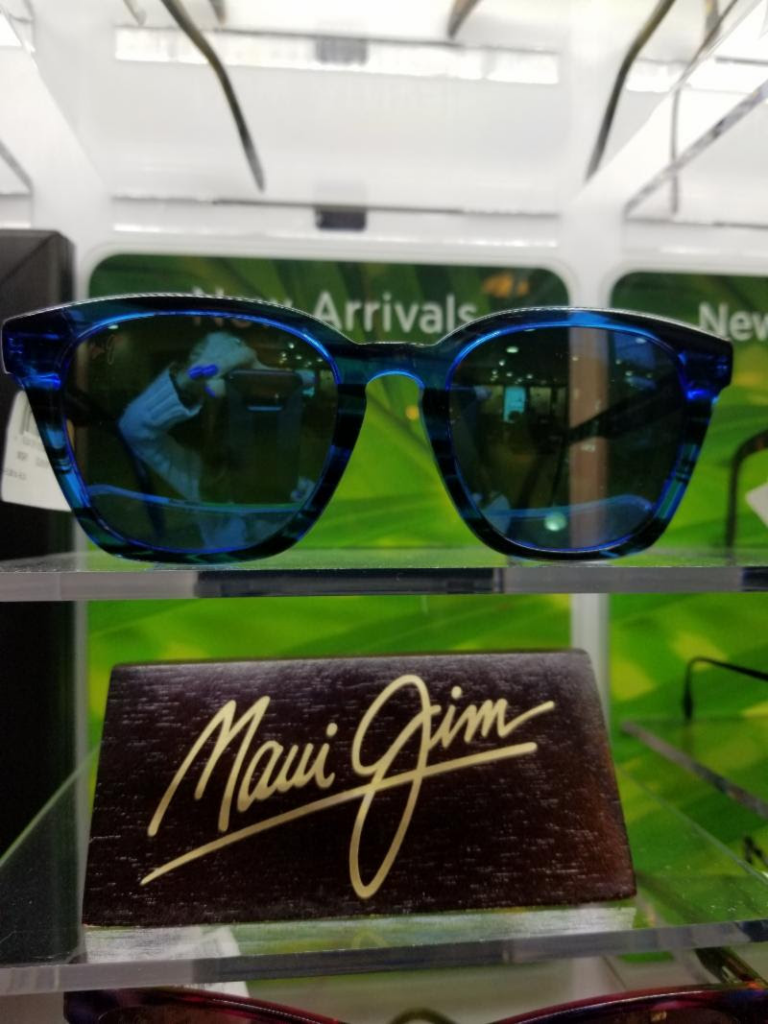January is Glaucoma Awareness Month
Glaucoma is a leading cause of irreversible blindness in the United States. Glaucoma has no noticeable symptoms in its early stages, and vision loss progresses at such a gradual rate that people affected by the condition are often unaware of it until their sight has already been compromised. During Glaucoma Awareness Month in January, the American Academy of Ophthalmology advises the public that the best defense against developing glaucoma-related blindness is by having routine, comprehensive eye exams.
Glaucoma is a disease that damages your eye’s optic nerve. It usually happens when fluid builds up in the front part of your eye. That extra fluid increases the pressure in your eye, damaging the optic nerve.
Glaucoma is a leading cause of blindness for people over 60 years old. But blindness from glaucoma can often be prevented with early treatment.
Click the arrow below to watch the video.
Some people have a higher than normal risk of getting glaucoma. This includes people who:
- are over age 40
- have family members with glaucoma
- are of African, Hispanic, or Asian heritage
- have high eye pressure
- are farsighted or nearsighted
- have had an eye injury
- use long-term steroid medications
- have corneas that are thin in the center
- have thinning of the optic nerve
- have diabetes, migraines, high blood pressure, poor blood circulation or other health problems affecting the whole body
Talk with your Bedminster Eye and Laser Center eye specialist about your risk for getting glaucoma. People with more than one of these risk factors have an even higher risk of glaucoma.
Please scroll down to see related article about why Glaucoma patients need sunglasses.
Learn more from the American Academy of Ophthalmology
What Are You Reading These Days?

We’ve noticed that many of our patients enjoy reading a good book. Here is a recommendation for January 2024.
Have a recommendation? Email our newsletter editor
Why Are My Eyes So Dry?

It’s winter, and many people say their eyes feel dry. Here are some of the symptoms of dry eye.
- You feel like your eyes are stinging and burning.
- Blurred vision, especially when reading
- There is a scratchy or gritty feeling like something is in your eye.
- There are strings of mucus in or around your eyes.
- Your eyes are red or irritated. This is especially true when you are in the wind or near cigarette smoke.
- It is painful to wear contact lenses.
- You have lots of tears in your eyes (having a lot of tears in your eyes with dry eye might sound odd. But your eyes make more tears when they are irritated by dry eye).
Dry Eye Prevention Tips
- Try not to use a hair dryer, if possible.
- Stay away from very warm rooms. In the winter, add moisture to the air with a humidifier. Or put a pan of water near your heater or radiator.
- Protect your eyes from drying wind by wearing wrap-around glasses outside.
- Talk to your eye doctor about adding omega-3 fatty acids to your diet for dry eye relief. They are found naturally in oily fish (such as salmon, sardines, tuna, trout, and anchovies), and in flaxseeds. Omega-3 fatty acids can be added as a dietary supplement (pill or tablet).
- Do you wake up with dry and scratchy eyes? Use artificial tear ointment or thick eye drops just before you go to bed.
Learn more from the American Academy of Ophthalmology
Connect with The Optical Shoppe
(908) 719-2020
A Guide to Sunglasses for Glaucoma Patients — And Everyone!
Glaucoma can make eyes sensitive to light and glare. Sunglasses are an easy solution that makes life more comfortable when outdoors, while also providing critical protection from the sun’s damaging ultraviolet (UV) rays.
Long-term exposure to UV rays can damage the eye’s surface as well as its internal structures, sometimes contributing to cataracts (clouding of the lens) and macular degeneration (breakdown of the macula).
Ophthalmologists and optometrists now recommend wearing sunglasses and a brimmed hat whenever you’re in the sun long enough to get a suntan or a sunburn, especially if you live at a high elevation or near the equator.
Here are some things to keep in mind when shopping for sunglasses:
Learn more from the Glaucoma Research Foundation
The Optical Shoppe always has an extensive collection of Maui Jim sunglasses to flatter every face and appeal to every taste.





Connect with The Optical Shoppe
(908) 719-2020
Our Doctors are Always Here to Help
Scheduled appointments offered 6 days a week and some evenings.
Emergency services available.
Call Now: 908-781-2020


